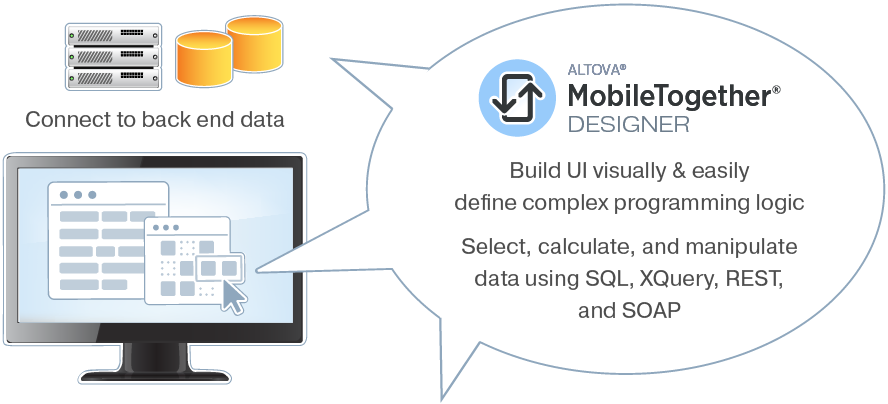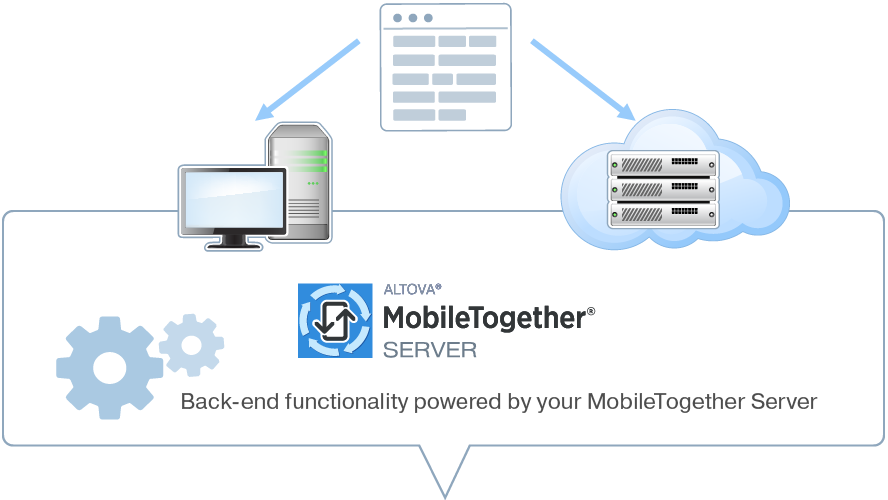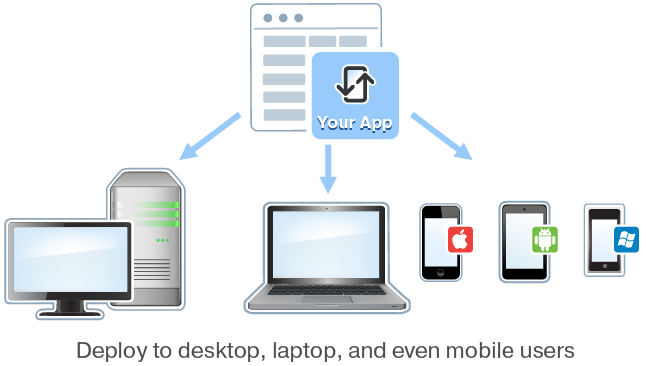2024-02-08T17:21:18
Status: #moc
Tags: #enterprise #solutions
Links: [[home]] | [[Technology]] | [[Software Development]] | [[Database]] | [[Tools for Solution Providers]]
# Enterprise Solutions
Enterprise solutions refer to the broad set of integrated, scalable, and interoperable software applications and tools that businesses use to solve complex problems, streamline operations, enhance productivity, and drive growth. These solutions encompass various functional areas such as finance, human resources, customer relationship management (CRM), supply chain management (SCM), and more. This article provides a historical perspective, an overview of the current state-of-the-art, best practices for developing enterprise solutions, and insights into future trends, particularly the integration of Artificial Intelligence (AI).
## Historical Perspective
The journey of enterprise solutions began in the 1960s with the advent of Material Requirements Planning (MRP) systems, which helped manufacturing companies in inventory management and production scheduling. By the 1980s, MRP evolved into MRP II (Manufacturing Resource Planning), incorporating more aspects of manufacturing processes.
![[afalk42_An_illustration_for_a_knowledge_base_article_on_Enterpr_a2ed6f23-dec3-40f7-bbeb-ae2e2f58ecd8.png]]
The 1990s witnessed the emergence of Enterprise Resource Planning (ERP) systems. ERP represented a significant leap forward by integrating various business processes across an organization onto a unified platform. This era saw vendors like [[SAP]], [[Oracle]], and [[Microsoft]] leading the market with comprehensive ERP solutions.
In the early 2000s, with the internet revolution, enterprise solutions transitioned from on-premises software to cloud-based platforms, offering greater scalability, cost-effectiveness, and mobility. This period also marked the proliferation of CRM and SCM solutions, further expanding the landscape of enterprise solutions.
## Current State of the Art
Today's enterprise solutions are characterized by cloud computing, real-time data analytics, mobile technologies, and user-friendly interfaces. Modern ERP, CRM, and SCM systems are not only more accessible and flexible but also customizable to the unique needs of businesses. Additionally, the integration of social media analytics, [[IoT]] (Internet of Things), and big data has significantly enhanced the capabilities of enterprise solutions.
## Developing Custom Enterprise Solutions
[Building custom solutions for your enterprise](https://www.altova.com/mobiletogether/enterprise-apps) that work on desktops, laptops, and mobile devices can be done with a variety of low-code or no-code tools in an efficient manner. One such product is Altova [[MobileTogether]], which provides the following unique benefits:
- Full-featured visual programming language with integrated debugger
- Enterprise-grade security options
- One design builds desktop and mobile application
- Scalable pricing affordable for firms of any size
- Connectivity to all business backend systems
- Zero to live in under five days
Here's how it works:
1. In-house developer or technical user builds and tests an enterprise application in the free MobileTogether Designer.

2. Developer deploys the solution to your MobileTogether Server (either on premises or in the cloud).

3. **Instant Deployment**: End-users access your solution on desktops and laptops via the native Windows client or any web browser. Your app is simultaneously available on mobile devices via the native client apps for iOS and Android.

### Best Practices for Developing Enterprise Solutions
1. **User-Centric Design**: Focus on creating intuitive, user-friendly interfaces. Ease of use drives adoption and satisfaction among employees and customers alike.
2. **Modular Architecture**: Adopt a modular design that allows businesses to select and customize components based on their specific needs.
3. **Scalability**: Develop solutions that can scale up or down based on demand. This is essential for accommodating business growth or changes.
4. **Security**: Implement robust security measures, including data encryption, access controls, and regular audits, to protect sensitive information.
5. **Integration Capabilities**: Ensure seamless integration with existing systems and third-party applications to maintain operational continuity and data consistency.
6. **Compliance**: Stay updated with industry regulations and standards to ensure that solutions are compliant with legal and corporate governance requirements.
7. **Continuous Improvement**: Adopt agile development methodologies to facilitate continuous improvement and adaptation to changing business needs.
![[afalk42_An_illustration_for_a_knowledge_base_article_on_Enterpr_c8bb6d40-6b43-4304-b0d8-01b766ab5dee.png]]
## Future Trends: AI Integration
The future of enterprise solutions lies in the integration of [[AI]] technologies. AI holds the promise of transforming business operations through automation, predictive analytics, and personalized customer experiences. Key areas where AI is making an impact include:
- **Building Enterprise Solutions**: AI assistants can now [build an entire database for an enterprise solution rom a single prompt](https://www.altova.com/recordsmanager/ai).
- **Predictive Analytics**: AI algorithms can analyze historical and real-time data to forecast trends and behaviors, enabling businesses to make data-driven decisions.
- **Automation**: From automating repetitive tasks to managing complex supply chains, AI can significantly increase efficiency and reduce costs.
- **Enhanced Personalization**: AI can provide personalized experiences to customers by analyzing their preferences and behaviors, improving engagement and satisfaction.
- **Cognitive Services**: AI-powered chatbots and virtual assistants can improve customer service by providing instant, 24/7 support.
### Challenges and Considerations
Despite its benefits, integrating AI into enterprise solutions brings challenges such as data privacy concerns, the need for skilled personnel, and the potential for bias in AI algorithms. Businesses must address these challenges by implementing ethical AI practices, investing in employee training, and ensuring transparency in AI operations.
## Conclusion
Enterprise solutions have evolved significantly from their early days, driven by technological advancements and changing business needs. The current landscape offers powerful, flexible tools that can support virtually any business process. Looking ahead, AI integration will further enhance the capabilities of enterprise solutions, promising unprecedented efficiencies and insights. Organizations that stay informed about these trends and adhere to best practices in developing and implementing enterprise solutions will be well-positioned to thrive in the dynamic business environment of the future.
---
## References
- [[Mobile App Development]]
- [[MobileTogether]]
* [[ActionTrees Visual Programming Language]]
* [[Modular App Development]]
* [[App Simulator]]
* [[App Tester]]
* [[App Debugger]]
* https://www.altova.com/mobiletogether/enterprise-apps